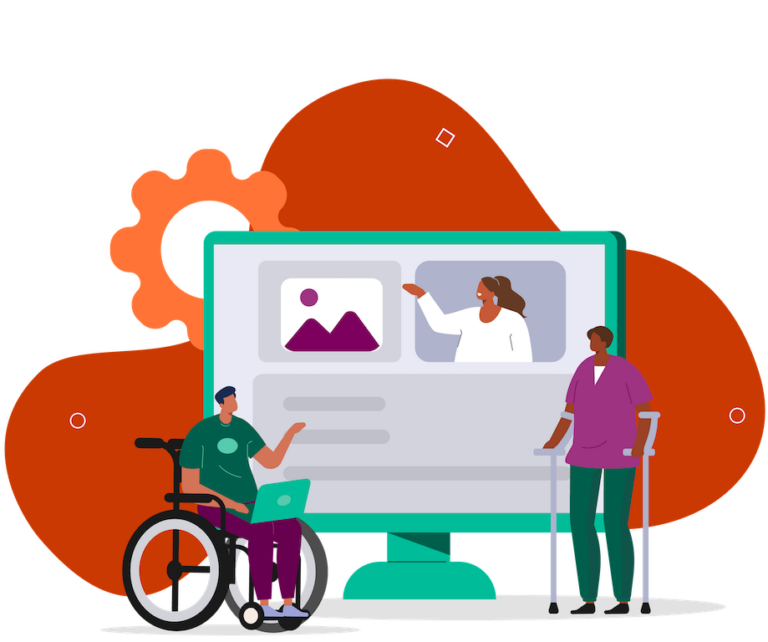Managing disability and illness
Our physical health can have a big impact on our overall wellbeing. Use this guide to explore the different aspects of your body’s health. From disability to illness, we’ll help you uncover the right support for your needs.

In this guide
Living with a disability or long-term illness
Get the right kind of support for your own disability or illness by learning what’s out there and how to access it.
The Bank Workers Charity has been extremely supportive. I could not have done the forms by myself with my current health problem, they took away all the stress for me. Thank you
– from our client
Access support
Follow the steps below to find the right kind of support at home and work for disabilities and long-term illnesses.
